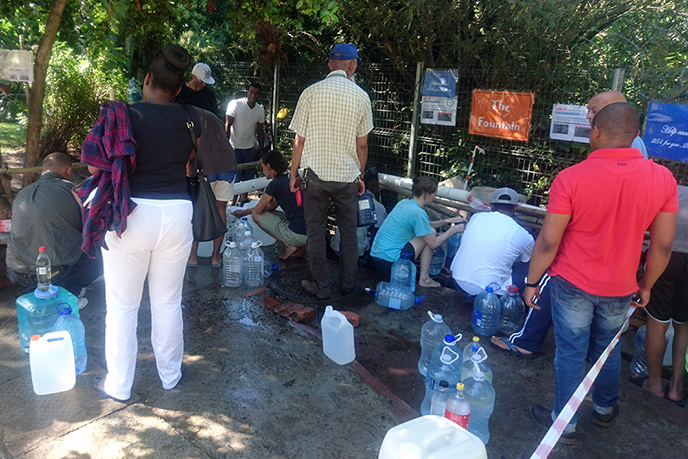Urban areas are critical sites for the study of the environment. The history and design of cities provide models for efficiency and sustainability as well as cautionary tales of waste, pollution, poverty and sprawl. In recent years, movements geared toward smart growth, urban agriculture, and sustainable energy and transportation have set new standards for urban living that influence environmental research and activism.
Today’s cities are larger and more complex than ever — more than 50 percent of the world’s population resides in urban areas. The consequences of a rapidly warming planet lend additional urgency to efforts to make urban areas more livable for people and less harmful to the environment. An alignment of environmental, economic, social and political interests is essential. In order to survive, high-density areas must embrace energy efficiency, resource management, population dynamics, economic equality, environmental and human health, and issues of environmental justice if they are to achieve social and economic stability.
Like the issues facing modern cities, the solutions must be wide-ranging and diverse. To that end, the Urban Challenge supports and encourages productive and interdisciplinary exchanges between faculty and student researchers at Princeton working in the environmental sciences, engineering, architecture, the humanities, policy, the creative arts, and the social sciences.













